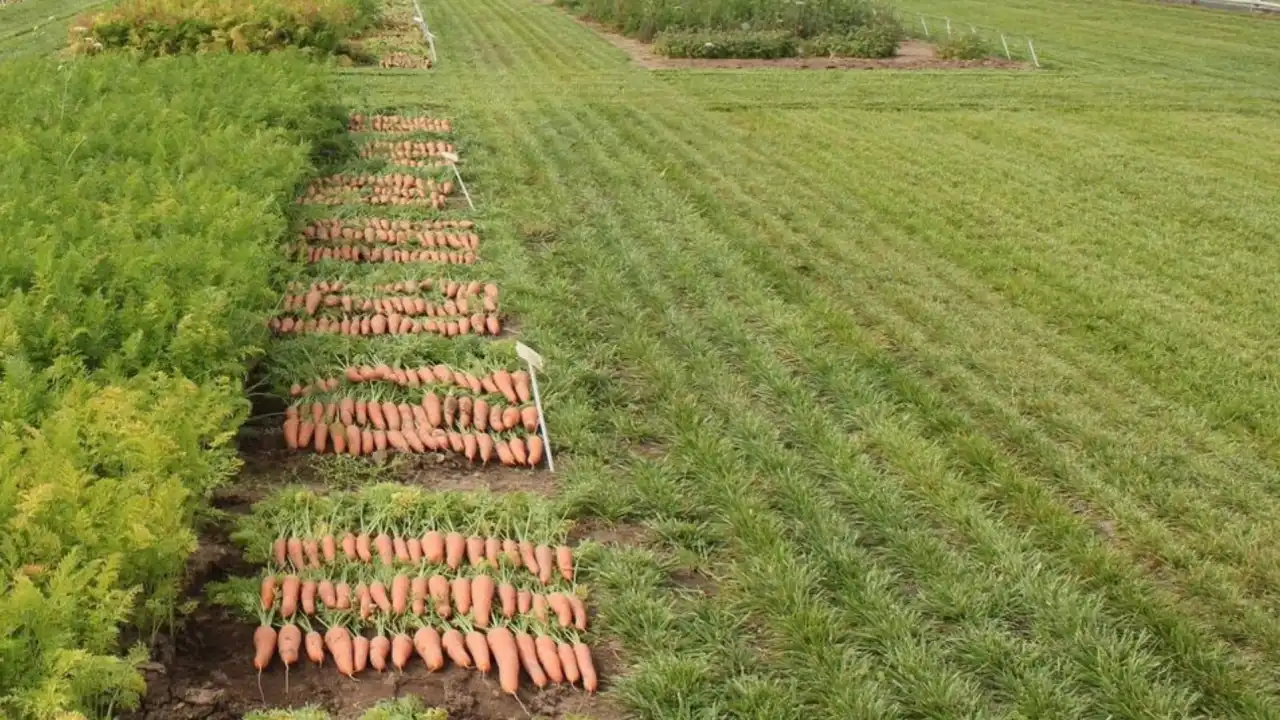Sustainability and vegetable varieties for today and tomorrow

What does sustainability mean for vegetable varieties? Is it not simply the contribution of varieties to sustainable production systems? Today, for many vegetable varieties, the genetic resistance to disease developed over the last 40 years means that we can market vegetables with protected volumes and a quality that meets the expectations of Sectors and consumers alike. All this while anticipating the development of new pests favoured by international trade and climate change. And tomorrow, as climate change is set to intensify, the cost of energy will play a greater role in the economic models of production and supply Sectors . A new regulatory framework for inclusion in the Official Catalogue of Varieties...
What does sustainability mean for vegetable varieties? Is it not simply the contribution of varieties to sustainable production systems? Today, for many vegetable varieties, the genetic resistance to disease developed over the last 40 years means that we can market vegetables with protected volumes and a quality that meets the expectations of Sectors and consumers. All this while anticipating the development of new pests favoured in particular by international trade and climate change. And tomorrow, as climate change is set to intensify, the cost of energy will play a greater role in economic models for production and Sectors supply. A new regulatory framework for inclusion in the Official Catalogue of Varieties, published by the European Commission in summer 2023, proposes that, within the next few years, the contribution of varieties to the sustainability of plant production, including vegetable production, should be studied before varieties are included in the Catalogue. What are the consequences? How will this be implemented?